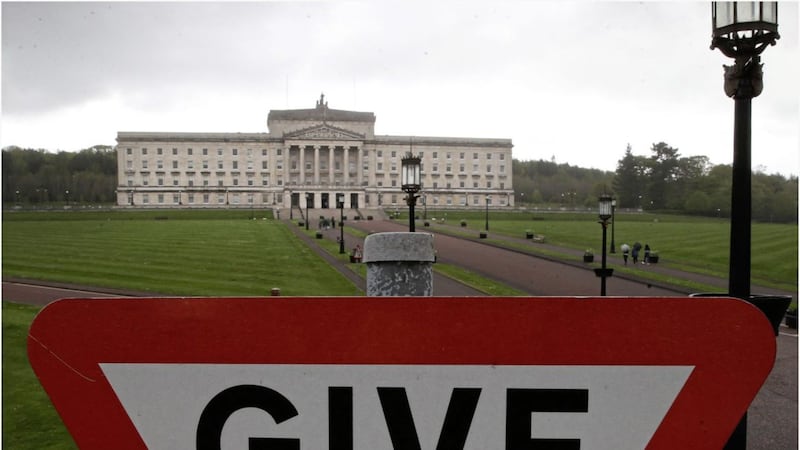I started writing this article when I came off a walk over Divis Mountain in memory of Bobby Sands on the 38th anniversary of his death on May 5 1981.
I reflected on Bobby's death and that of the other nine hunger strikers and the over 60 people who died on the streets during that heroic, yet fateful, summer of 1981.
In the middle of the maelstrom of 1981, Bobby was elected MP for Fermanagh and South Tyrone and Kieran Doherty and Paddy Agnew were elected TDs.
The deaths of the hunger strikers and the elections made 1981 a seminal year for the republican struggle; it was profoundly changed from that year onwards.
In those conflict-centred days republicans dipped their toes into the electoral pool.
Today republicans are immersed in it with elections, north and south, being the main, but not exclusive plank, of Sinn Féin's united Ireland equality agenda.
Broadly speaking, elections are a barometer of the political mood of the population at a given time and last week's local government election provides us with a very interesting indication of the mood within the north's unionist and nationalist populations.
And the results indicate that the electoral developments that first emerged in 2016 during the Brexit referendum campaign, when a majority of the north's population voted to Remain, and in the Assembly election the following year, when the unionist parties lost their majority in the Assembly, to an all-party progressive and liberal majority, are continuing.
Unionist parties continue to lose political ground and the vast majority supporting an equality and rights-based society and staying in the European Union continue to grow in strength.
A total of 254 councillors from Sinn Féin, SDLP, Alliance, Independents, Greens and People Before Profit were elected compared to 206 councillors from the DUP, UUP, TUV and PUP.
And it gets even more interesting when the biggest council, Belfast, is examined - the council that unionists like to call the capital of their 'country'.
Those councillors supporting equality and a rights-based society number 41 and those opposed to such a society number 19.
But care is needed because many people who voted unionist also support equality and rights, even if the parties they voted for do not.
And while the election was primarily about local issues the backdrop against which it was fought had already been set by the DUP and Sinn Féin - the two parties who claimed the largest share of the seats by a long stretch, the DUP with 122, down 8, and Sinn Féin with 105, the same number as before the election.
On the one hand the DUP were arguing for Brexit and opposing an Irish Language Act, marriage equality and women's health in terms of abortion reform; while Sinn Féin campaigned to remain in the EU for an Irish Language Act, marriage equality and abortion reform.
And all the parties, understandably, put their particular emphasis on these issues and were elected with a mandate for equality and reform of northern society.
The one issue that Sinn Féin, more than any other party, campaigned for was a referendum on Irish unity, which has support from the SDLP and degrees of support from the other progressive parties.
An Irish Language Act, marriage equality, abortion reform, a unity referendum are the issues that will be at the centre of the latest talks process.
The European Parliament election campaign, which will now begin in earnest, will focus on the north remaining in the EU.
Although Sinn Féin will enter the negotiations with a good heart and serious intent it is unlikely the DUP will.
It remains opposed to equality and a rights-based society and has hitched its wagon to the Tory government, which it is keeping in office.
There is no mood either in Sinn Féin or the electorate for prolonged, pointless talks.
And the feedback from the people who voted or stayed at home recently are of a similar mind.
The big difference this time around is if the talks fail then it is over for the executive and the assembly and the republican focus will shift towards mobilising opinion in support of a unity referendum, joint authority with the Irish and British governments and more powers to local councils so people have institutions which will handle the issues of concern to them.








